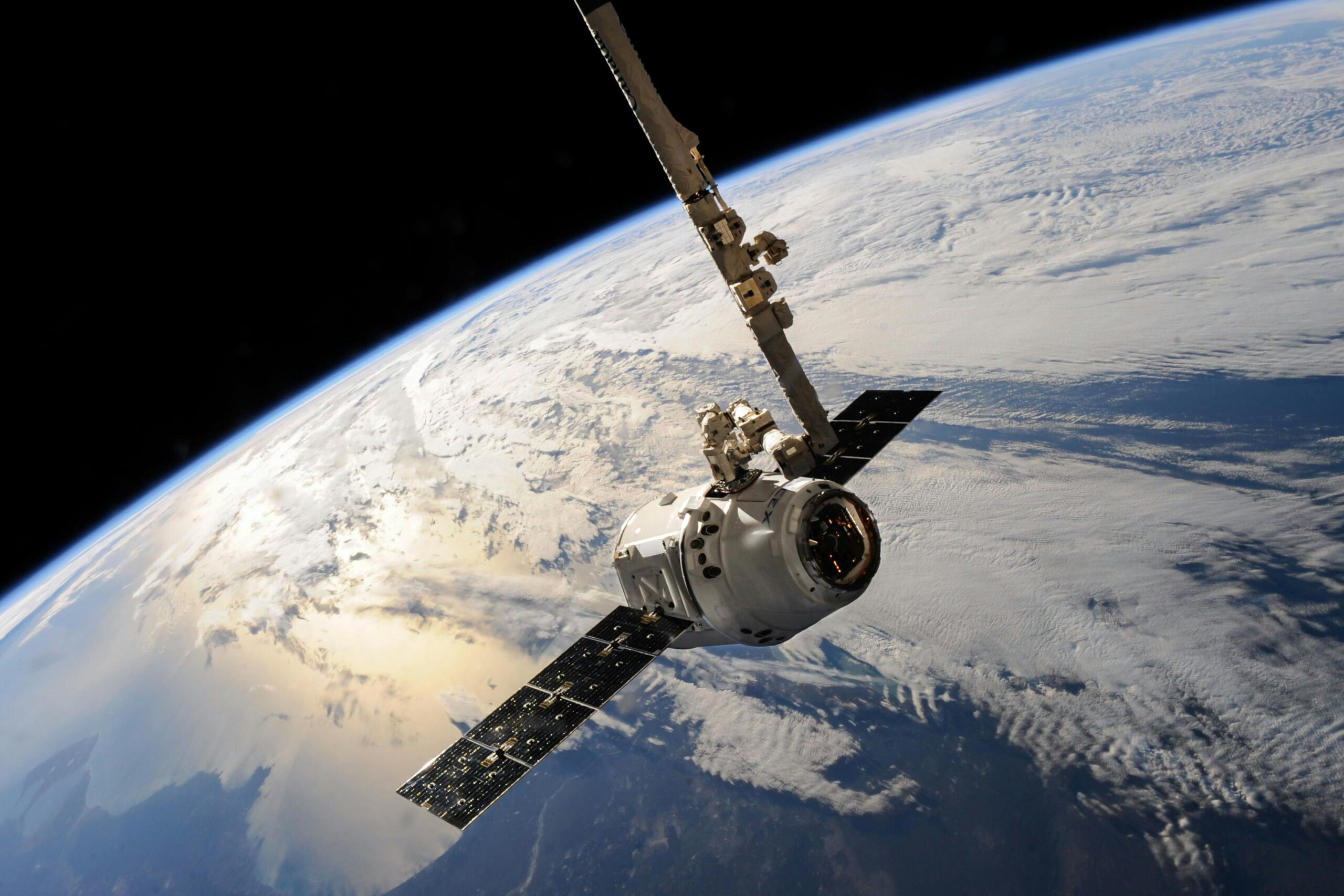After approval from the Member States, the European Union Commission welcomed the Council’s adoption of a 14thpackage of sanctions against Russia. These sanctions primarily target liquified natural gas (LNG) and energy supply chains in Russia. The sanctions also prohibited the transportation of Russian LNG from EU shipping ports that were not connected to the EU gas pipeline network. The EU will implement these sanctions over a 9-month transition period, with the intent to limit Russian resources and revenues sponsoring their military efforts in Ukraine.
This package of sanctions is the first time the EU has targeted LNG transportation and specific vessels through port access bans. The EU has placed 27 vessels on the list of sanctioned equipment to limit the available resources Russia has to pursue a militarized agenda.
In addition to the resource restrictions placed upon Russia through the 14th package of sanctions, individuals and entities responsible for actions “undermining or threatening the territorial integrity, sovereignty, and independence of Ukraine” will be barred from entering the EU. There are 116 entities on this list, with 69 individuals and 47 entities subject to asset freezes and travel bans.
The sanction’s goals include strengthening financial sanctions against Russia by banning EU banks outside Russia from using the financial messaging system SPFS (the Russian equivalent of SWIFT). It bans transactions with banks and crypto assets providers in Russia and third-party countries that support Russia’s defense-industrial base. Financial sanctions have been a direct source of European efforts to limit the Kremlin’s power of waging war against Ukraine and limit the channels revenue may flow through in banking systems.
Additionally, the sanctions package includes measures prohibiting EU politicians from accepting money from the Russian state to promote democratic values and processes being infiltrated by Russian influences.
Sanctions against the import of dual-use and advanced technologies were introduced within this package, limiting Russian manufacturers and producers from accessing new technology that could boost war efforts. A few of these bans included import bans on flight data recorders and industrial products using chemicals, plastics, or machinery parts/goods.
Measures have been taken to limit the incoming supply of technology in Russia to protect EU regulators and operators who could be subjected to intellectual property theft by Russian hackers. Russian cyber actors remain a threat the EU intends to mitigate with these sanctions, targeting the physical technology and the accessibility of Russian actors in the EU sphere.

